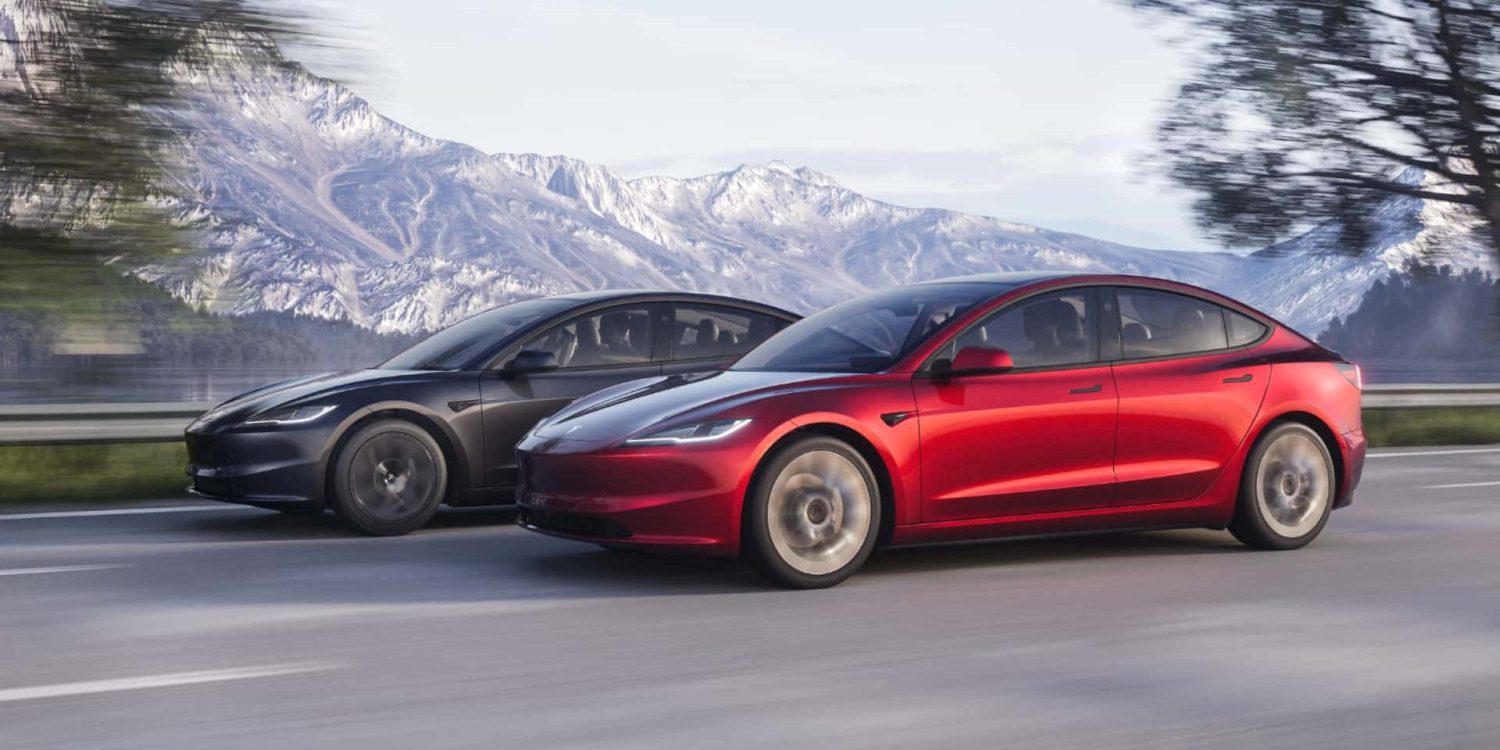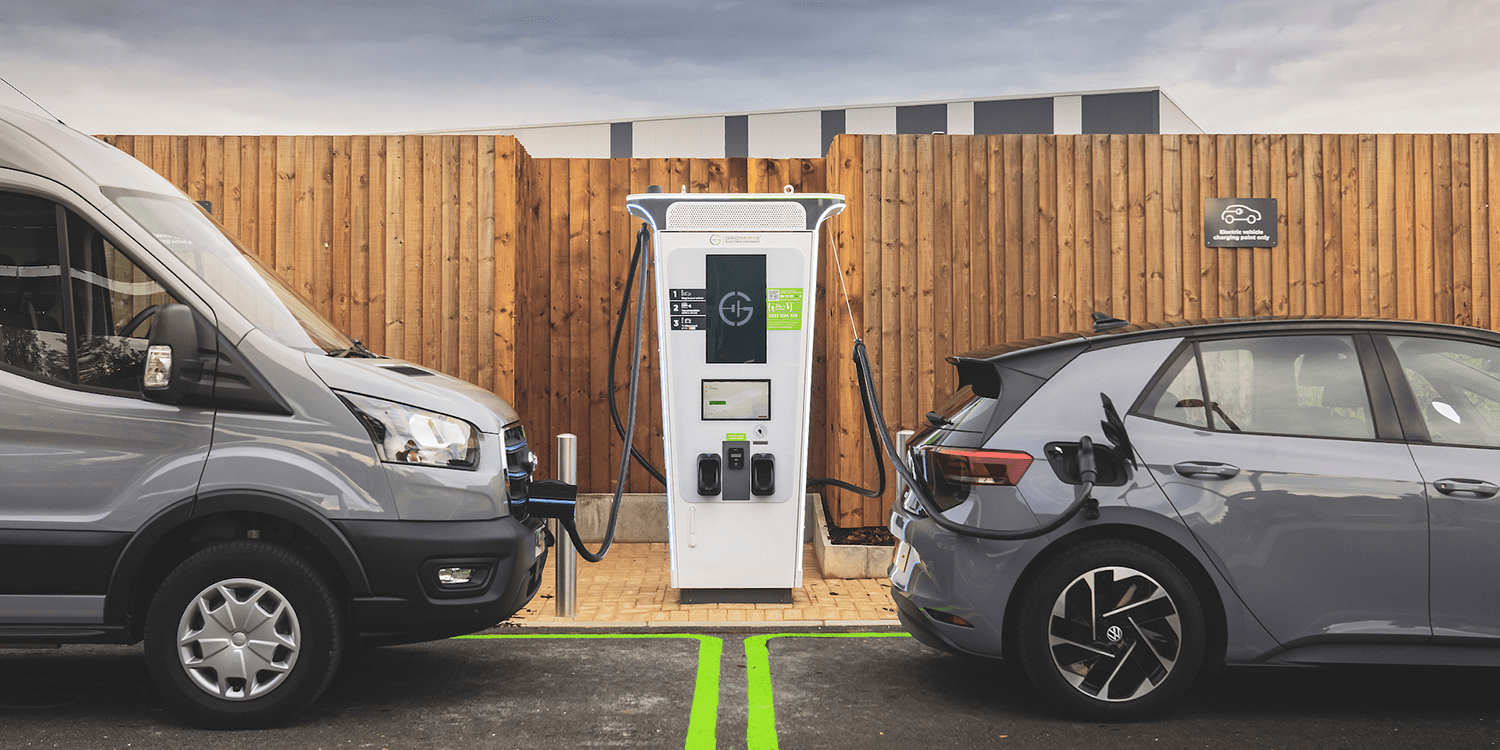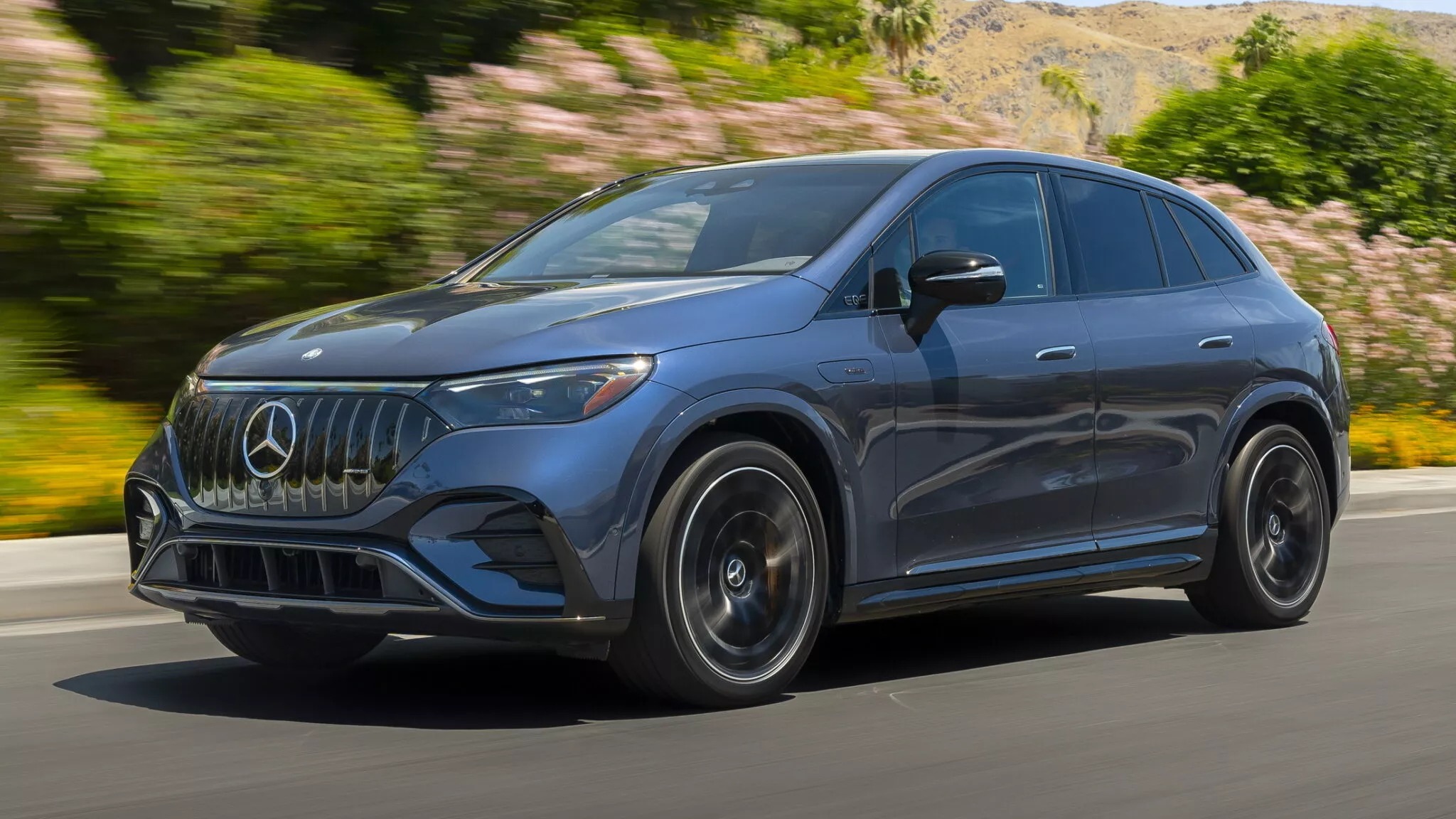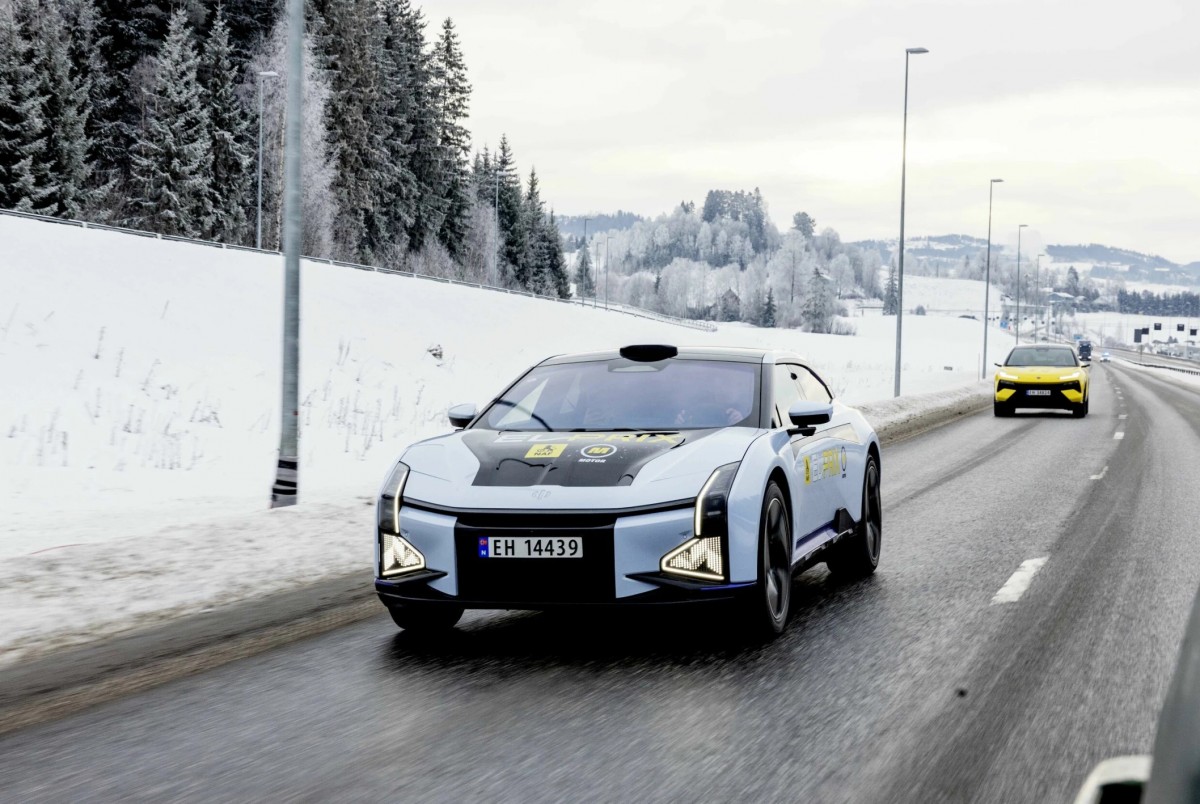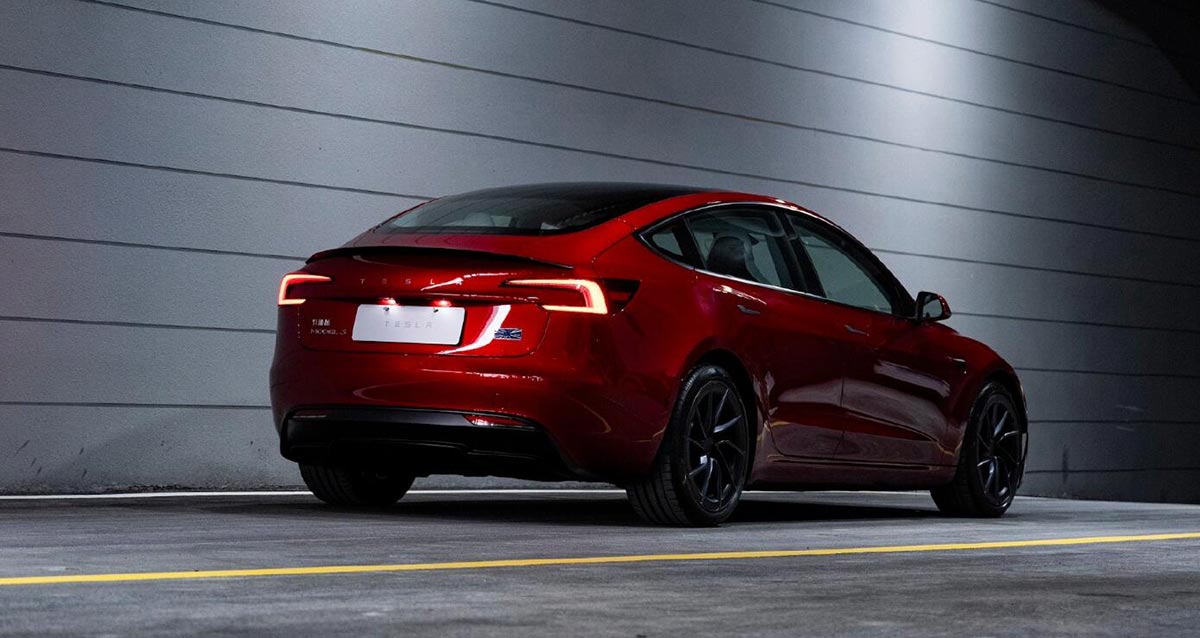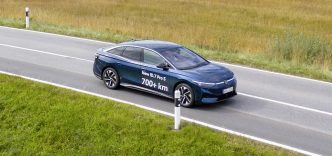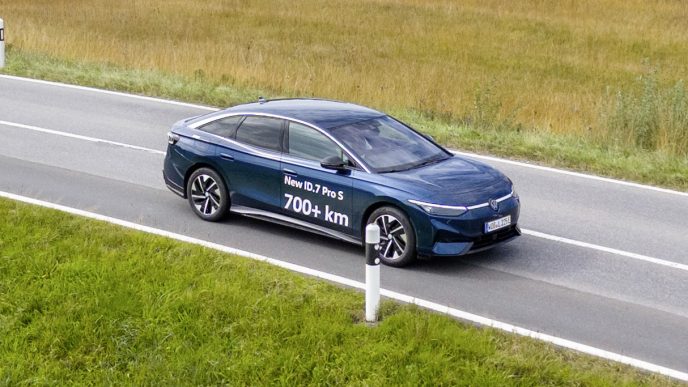As winter sets in, electric vehicle (EV) owners traditionally anticipate a reduction in range due to cold weather. However, a recent study by Recurrent, a battery health data startup, reveals that not all EVs experience the same degree of range loss during winter, with certain models from Tesla, Audi, and Nissan defying the norm.
The comprehensive analysis, conducted on over 10,000 EVs during the 2022-2023 winter, indicates that, on average, these vehicles retained approximately 70% of their normal range. This insight underscores the variability in how cold weather affects different EVs, rooted in the chemistry of their batteries.
Cold temperatures impede the efficient release of energy from batteries, and heating the cabin consumes additional power, contributing to reduced range. However, innovations such as heat pumps, which repurpose waste heat from the battery and motors, have proven to be game-changers in mitigating these losses.
A standout example is Audi’s E-Tron, specifically the Q8 E-Tron from MY2023 onwards, which experienced only a 16% drop in winter range. This model exemplifies the impact of effective thermal management, thanks to its pioneering heat pump system capable of reclaiming up to 3 kilowatts of electricity from waste heat.
The 2019 Nissan Leaf, despite a 23% range reduction at 32 degrees Fahrenheit, demonstrated marked improvement over its predecessors, showcasing the influence of evolving thermal management systems.
Tesla’s models, including the Model 3, Model Y, and Model X, also displayed remarkable thermal efficiency, experiencing only a 24% average range loss in winter conditions. Tesla’s innovative heat pump, introduced in 2021, incorporates features like a “super manifold” and an “octo valve” to enhance efficiency.
These findings not only underscore the advancements in EV technology but also serve as a testament to the growing resilience of EVs in diverse climatic conditions. The study sheds light on how certain manufacturers are successfully addressing the challenges posed by winter weather through sophisticated thermal management systems, providing valuable insights for the broader EV industry.

